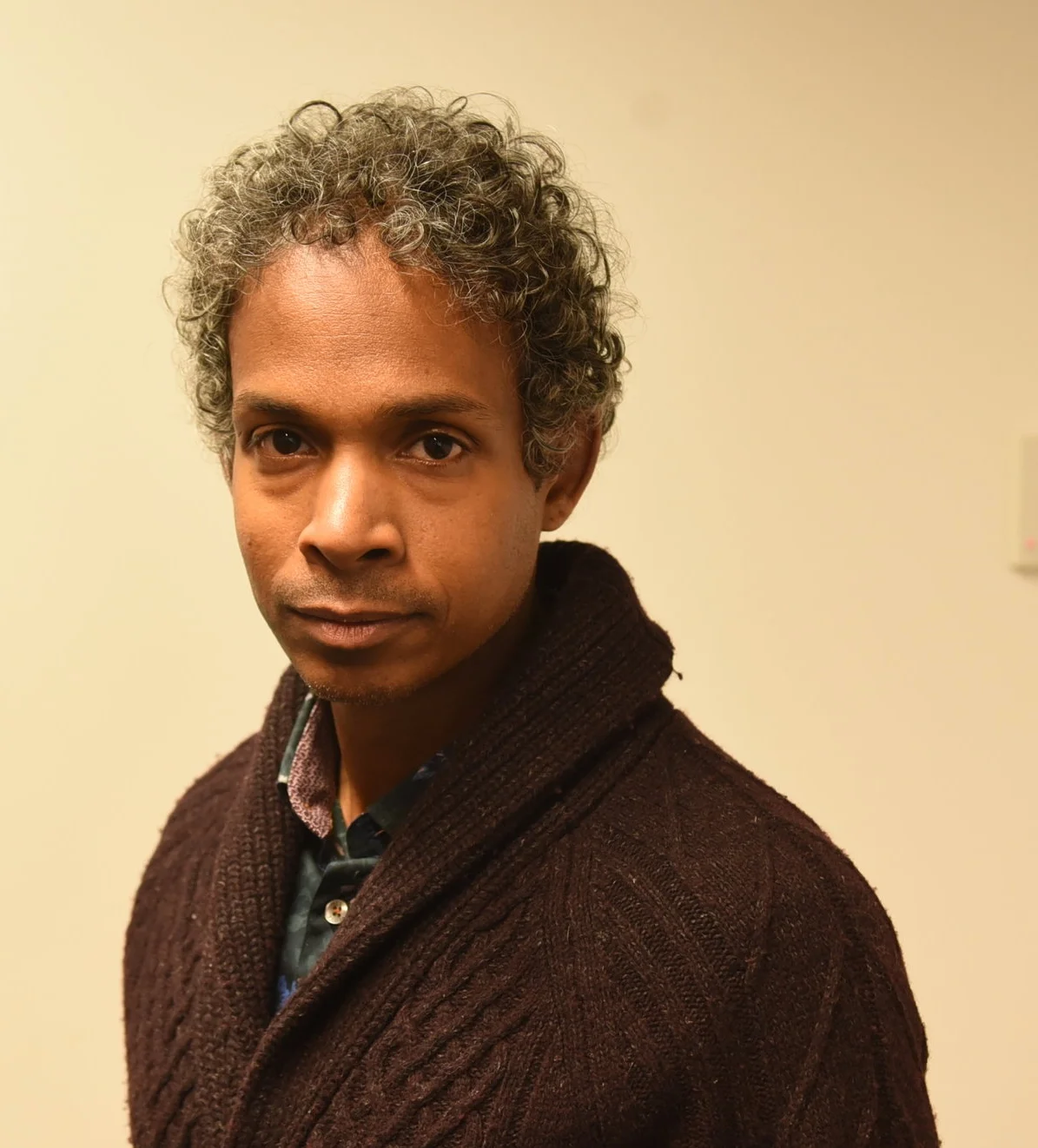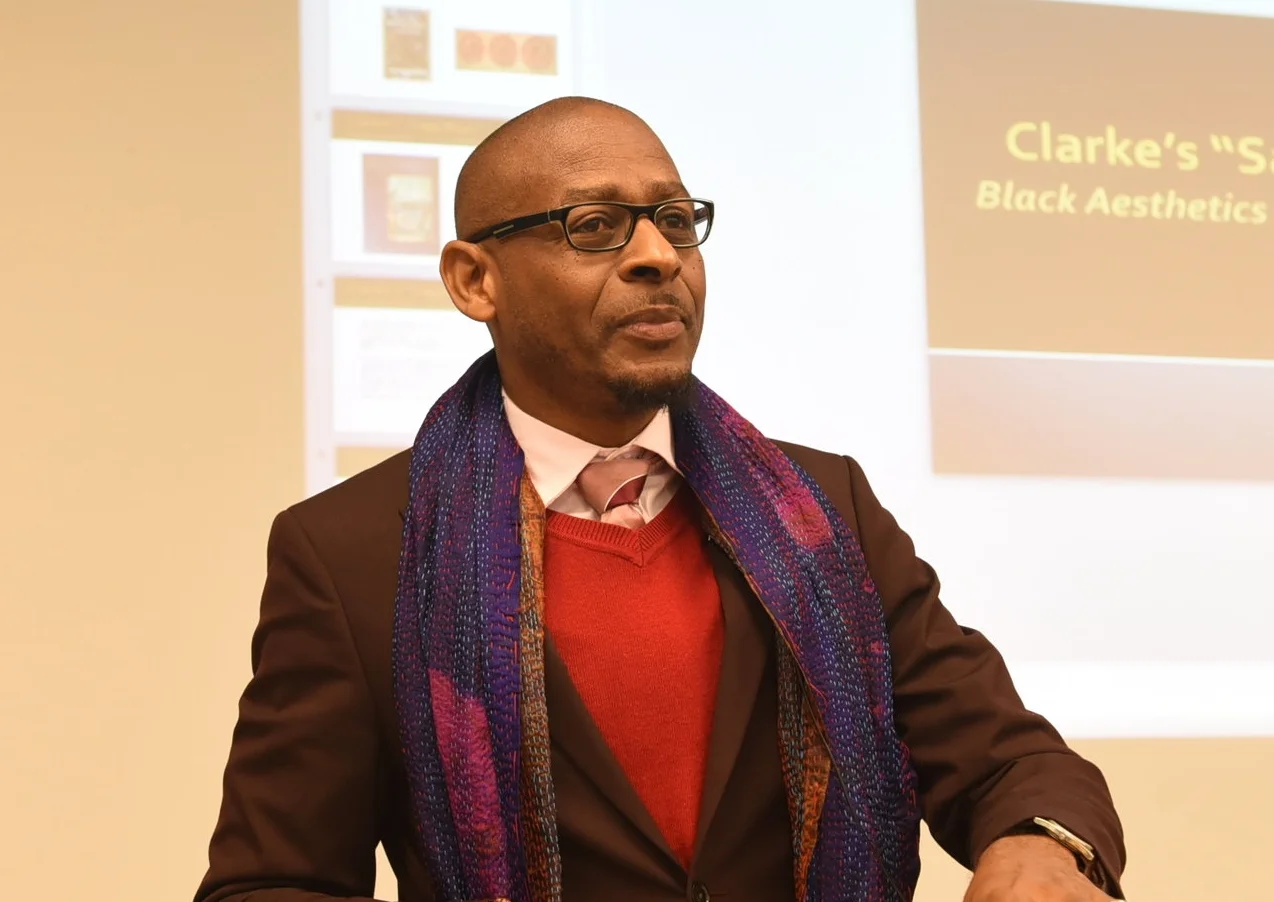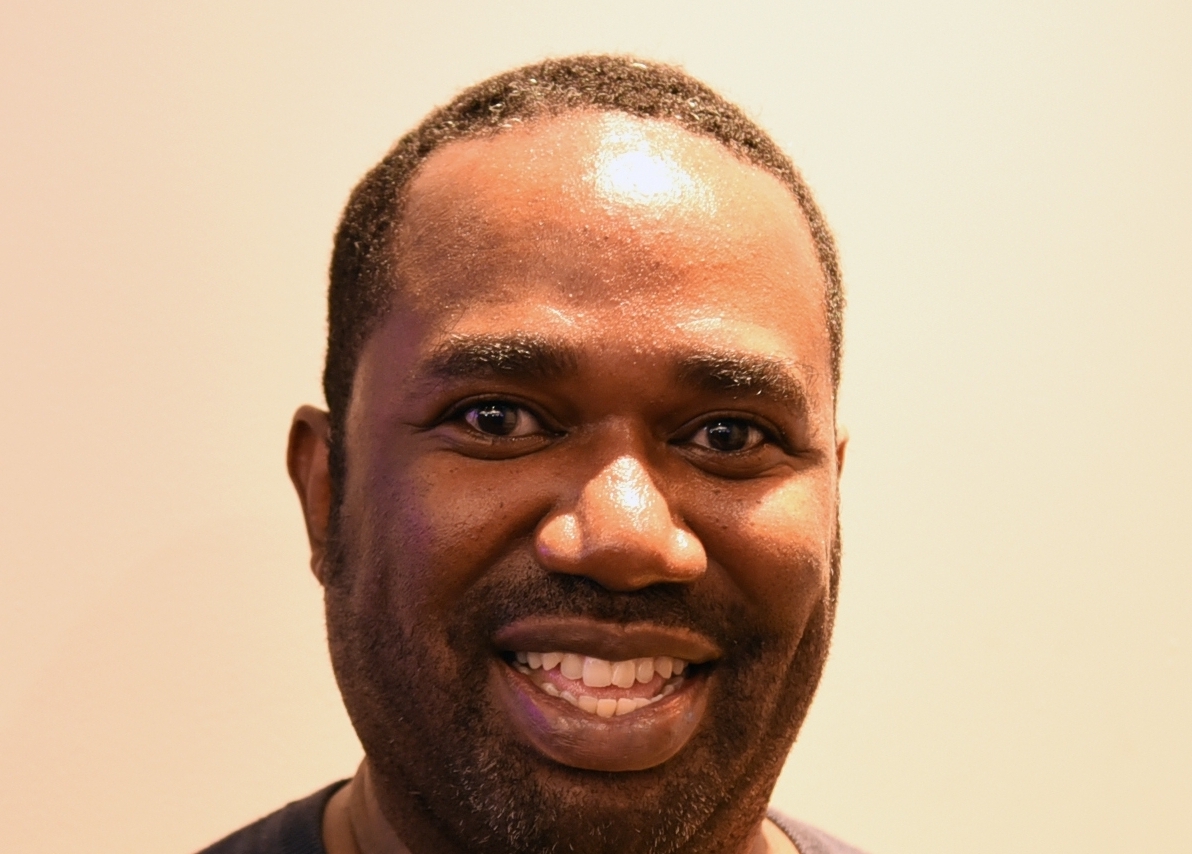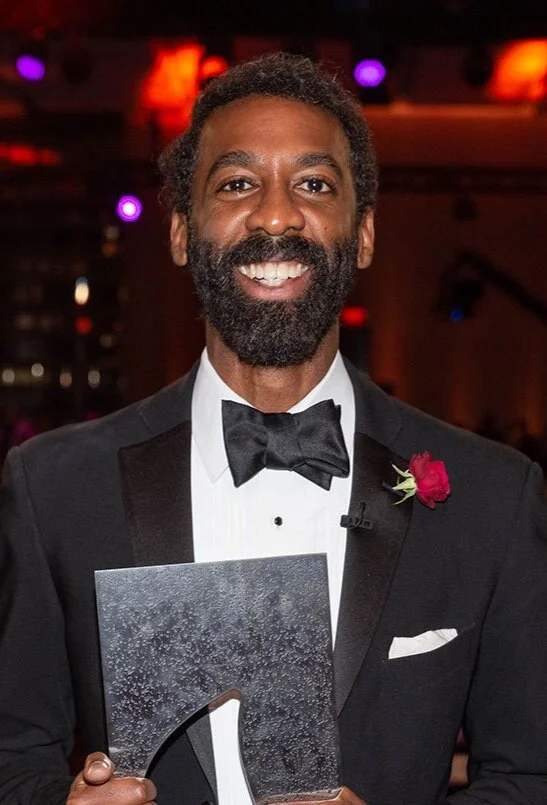Prize-winning author was almost streamed as student
November 30, 2017
His test scores in maths, reading and analytical thought were the highest in his Scarborough elementary school, yet a guidance counsellor encouraged Dr. David Chariandy to attend technical school and pursue a trade.
Reflecting years later, the 2017 Rogers Writers’ Trust Fiction Prize winner said accepting that piece of advice would have been devastating because of his passion for reading.
“How would I have found my way if I hadn’t been able to continue reading in schools and to pursue a life where I could just continue to read and now teach and write?” he asked. “I was almost a victim of streaming and I am sensitive to that.”
The Prize recognizes Canadian writers of exceptional talent for the year’s best novel or short story collection as selected by a three-member independent judging panel.
Born in Toronto and raised in Scarborough, Chariandy – the older of two brothers -- is the product of immigrants from Trinidad & Tobago.
Claudette Chariandy came to Canada in 1963 through the West Indian Domestic Scheme program and cared for children after her one-year contract working with a Jewish family in Bridle Path as a nanny ended. Her husband, Rawlins Chariandy, was a factory worker and they still reside in the same Scarborough home where their two sons were raised.
“There’s nothing wrong with being in a general program of education or in trade school,” Chariandy pointed out. “My parents live brilliant and dignified lives as people who did specific kinds of jobs that weren’t about intellectual forms of work. They just didn’t have the opportunity to do other types of work.”
The scholar of Black diasporic and Black Canadian literature beat out four finalists for the prestigious $50,000 award presented recently at the Writers’ Trust Awards gala at the Glen Gould studio.
“I was surprised when the announcement was made that I was the winner,” he said. “I thought the shortlist was really strong and anyone could have won that prize and really earned it.”
The Simon Fraser University (SFU) associate professor was recognized for his second novel, ‘Brother’, that takes readers inside the lives of two brothers of mixed heritage. Their father has disappeared and their mother works double, sometimes triple shifts so her boys might fulfil the elusive promise of their adopted home in Scarborough.
The story is firmly rooted in Chariandy’s own experience growing up as a person of colour in the city in the early 1990s.
“I grew up in a part of Scarborough that was middle-class,” he pointed out. “I was often times made to feel different from everyone around me, both in class and racial terms. I think that shaped me and made me look inwards a lot more. It also made me sensitive to certain questions maybe not everyone thinks about. A lot of that finds its way into my work.”
Published by McClelland & Stewart, ‘Brother’, which Chariandy dedicated to award-winning writer Austin Clarke who died in June 2016 -- also made this year’s Scotiabank Giller Prize longlist.
‘Brother diffracts the spare light toward feeling again, after tragedy,” noted award-winning writer and Order of Canada recipient Dionne Brand. “Chariandy deftly assembles that which has come apart in the life of a Black family; their privacies assaulted, their desires unmet. Such a timbrous novel. Such a tender work.”
Lawrence Hill, the author of ‘The Book of Negroes’ and ‘The Illegal’, said ‘Brother’ is a pitch-perfect song of masculinity and tenderness and the ties of family and community.
This is Chariandy’s second novel in a decade.
‘Soucouyant’, which was nominated for almost every major literary prize in Canada and was published internationally, is the story of a Canadian-born son who despairingly abandons his Caribbean-born mother suffering from dementia. The son returns after two years to confront his mother but also a young woman who mysteriously occupies the house.
In his desire to atone for his past and live anew, he is compelled to imagine his mother's life before it all slips into darkness―her arrival in Canada during the early sixties, her childhood in Trinidad during World War II and her lurking secret that each have tried to forget.
Chariandy, who specializes in contemporary fiction and interdisciplinary theories of post-coloniality, diaspora and ‘race’, isn’t concerned that there was a 10-year gap between novels.
“I am a slow writer,” he said. “I really care about every sentence I write. I don’t want to write a sentence that is just there to provide a means of getting to another sentence. Each sentence, I would like to think, matters.”
There was also another reason for the long pause between novels.
“I wanted to do justice to what the novel was representing which is the lives of people from the Caribbean, their children with due respect to their vitality, resilience, creativity and strength where there are tragic circumstances,” he noted. “That was important for me and it caused me to slow down and write the best book I could.”
Now 48 and a Vancouver resident for the last 15 years, Chariandy developed a passion for writing at an early age.
He’s, however, unsure, where it came from.
“I love reading and maybe it came from a sense of unease with my circumstances growing up,” Chariandy, whose academic research and creative pursuits have made him a leading voice in discussions of contemporary Black Canadian literature, said. “That made me crave other circumstances and other worlds. It also made me crave, perhaps, writing those other worlds, glimpsing at something not everyone seems to be looking at. Perhaps, it is just a strange mystery. I am not sure where it came from.”
As with most writers whose creative juices are continuously flowing, Chariandy is working on a short book to be released next year.
‘Something I Have Been Meaning To Tell You’ takes for the form of a letter he’s penning to his 13-year-old daughter, Maya.
“With the election of Donald Trump south of the border, shootings at places of worship and other things, my daughter has asked me many questions about the politics of belonging and race,” he said. “This short book is an attempt to respond in a very humble way to some of her questions, explaining to her that she has a very different experience of all of these things as a girl of a very complicated background growing up and she would have a very different take. But this is my story and this is what I would like her to know about me.”
Chariandy and Sophie McCall, who is an associate professor at SFU and an author, also have a 10-year-old son, Skye.
After completing his undergraduate degree and Master’s at Carleton University and his PhD at York University in 2002, he relocated to Vancouver to take up a post as an English literature professor at SFU.
As one of the first doctoral candidates to complete a dissertation on Black Canadian literature, Chariandy devotes considerable thought and energy to teaching the subject.
“Most of all, I feel deeply privileged that I am able to read books with often times some of the most brilliant individuals, students having amazing insights on literature that I would never have,” he said. “It’s a great joy and privilege. That said, I am not someone who is always comfortable standing in front of a room and lecturing or professing knowledge. That’s not my mode of teaching. Educational institutions haven’t always been good to me and so those walls are sometimes difficult for me to be comfortable within. Also, being an authority in a classroom is not something I am profoundly comfortable with. But I am grateful to be able to speak about literature with other people.”
Job opportunity was Chariandy's reason for moving out west after finishing graduate studies.
“I still love Toronto and my imagination keeps pushing me back to Scarborough where I have many friends and family living,” said the co-founder of Commodore Books which is the first dedicated Black Canadian press in Western Canada. “I am in Vancouver for work and it’s the city in which my kids were born. It’s another type of home.”






